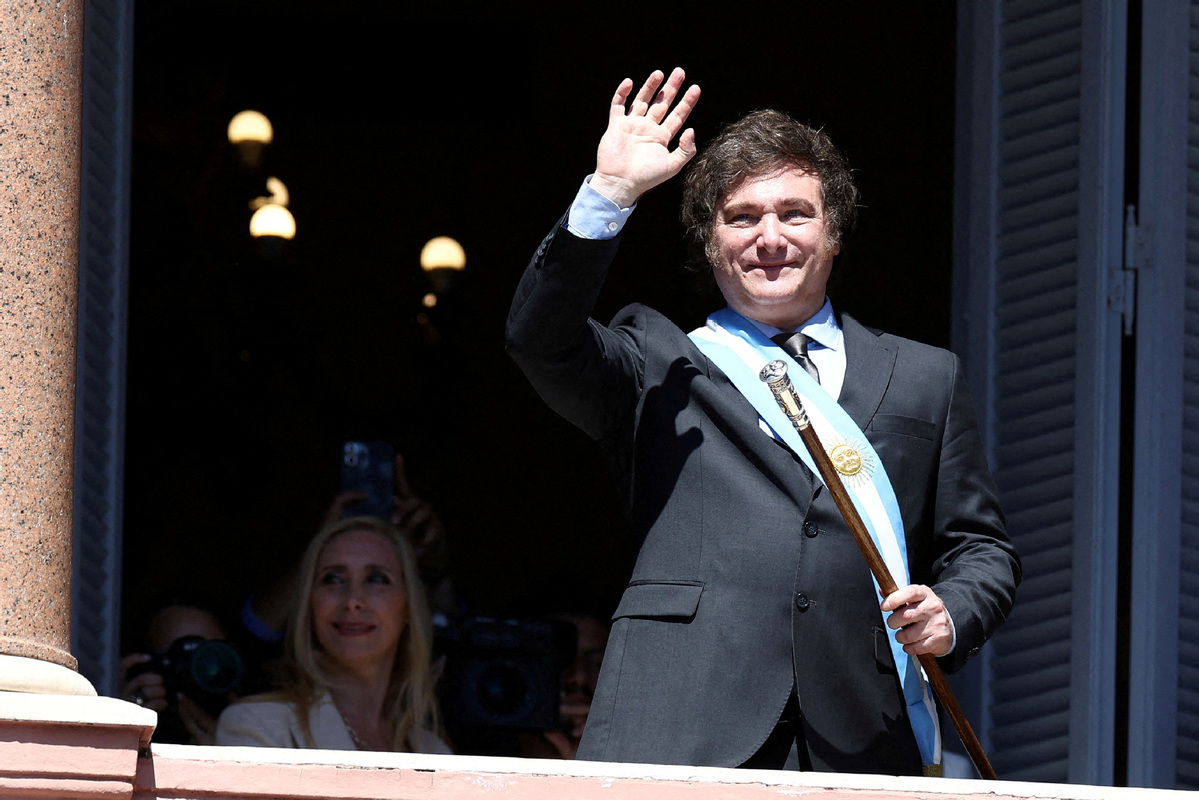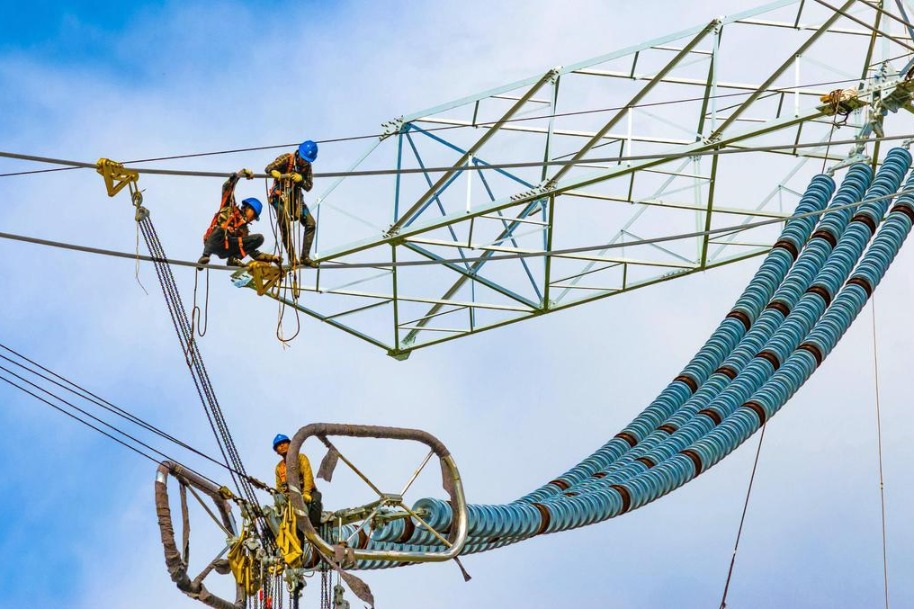Argentina drinking poison to quench thirst with shock therapy


Just over a month after taking office, Argentinian President Javier Milei has kept his campaign words, sharply curtailing government departments and introducing a "shock therapy" to rescue the country's moribund economy.
Argentina is not the first country to apply "shock therapy" to its economy, and the method has been practiced in some countries with very bad economies, but with success seldom achieved. Argentina has now become the largest debtor to the International Monetary Fund.
Since Milei took office, his government has introduced a series of radical policies to reduce the budget deficit, including cutting down government departments from 18 to nine, reducing government subsidies for energy and transport, and halting tenders for new public works. It also devalued the currency, and repealed or revised more than 200 laws to loosen government regulation of the economy and to facilitate import and export trade.
However, Milei's "shock therapy" has not had an immediate effect, and instead fueled growing public complaints. After the introduction of the new policy, prices in Argentina rose sharply, with food prices nearly doubling since December. Argentina's central bank recently released a report predicting the country's inflation rate may reach 213 percent in 2024, higher than that in 2023.
Argentina's current predicament has deep historical origins, and is unlikely to be reversed by Milei alone. Argentina has fertile lands and from the end of the 19th century to the beginning of the 20th century, it was regarded as a country full of opportunities and an emerging power, with its economic aggregate once ranking 13th in the world. However, Argentina's economy has fallen since then to 66th in 2022 in purchasing power parity terms, and it has suffered a severe economic crisis every 10 years on average.
The falling prices of key commodities such as soybeans, corn and oil in recent years have again hurt Argentina's economy, and the situation has been worsened by the COVID-19 pandemic, money overissuance and drought.
In short, Argentina's economy has been plagued by deep-rooted ills that governments of both left and right have failed to correct. Milei's reforms are facing opposition from the left and trade unions who are planning a national general strike. What final effects Milei's "shock therapy" will have and whether it will succeed, remain to be seen.
- BEIJING YOUTH DAILY


































